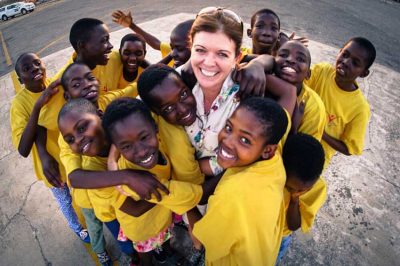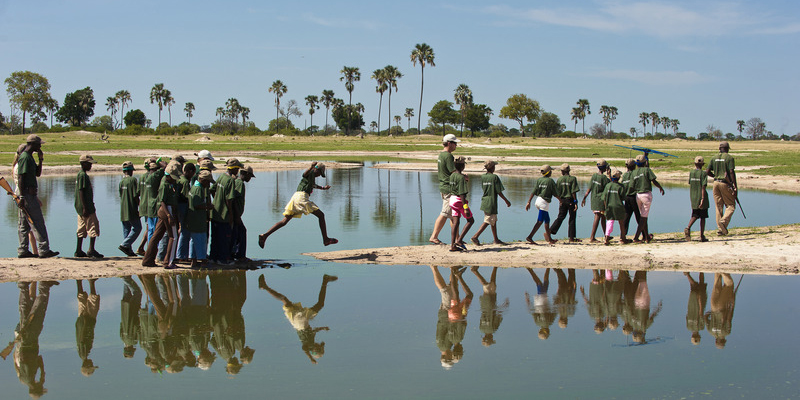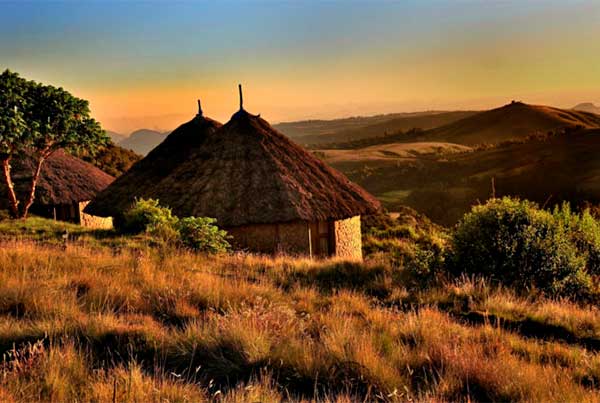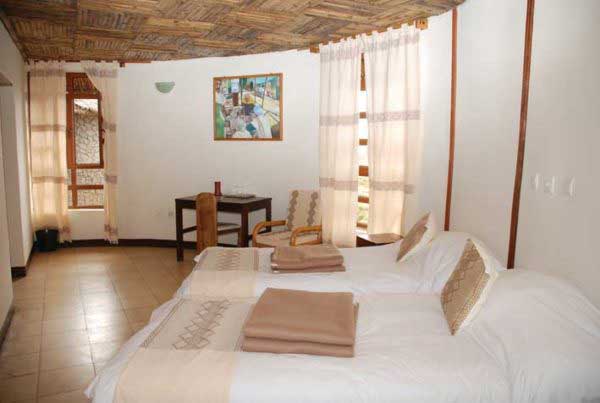EDUCATING THE NEXT GENERATION OF CONSERVATIONISTS
Conservationists disagree with one another for a living. From the hotly debated topics of rhino poaching to pangolin preservation, people who work for NGOs and state-run wildlife centres battle it out to find the most impactful solutions for our planet.
But one area that remains uncontroversial is educating the next generation. While short-term solutions are essential, focusing on changing the way young people think about wildlife and their surrounding landscape provides a possibility for very real change that is impossible to argue with.
In Asia, vast sums of both government and NGO money are being poured into teaching children in Vietnam and China about the repercussions of buying rhino horn and ivory. This is done in the hope of ensuring that this destructive and illegal industry not only dies out with them, but that they can pass this information on to their parents and make an impact in real time.
Twinned with this are the African countries where formative education in conservation would reap major rewards. However, many governments are already stretched from covering basic school needs, while NGOs are focusing their resources on stopping trafficking on the ground and sending any leftover resources to help with re-education in Asia.

Which is why this essential pedagogic role has fallen to hoteliers and lodge owners. Wilderness Safaris has had the most far-reaching impact thanks to their initiative, Children in the Wilderness, which was launched in 2001 in Botswana. Over the last 17 years, CITW has supported and educated over 3,000 children in seven countries around Africa. Focusing on everything from tertiary education scholarships to annual camps, its core operation is eco-mentors, who work with local village teachers.
Together they set up eco-clubs, which run on a weekly or monthly basis, teaching children about wildlife and the environment. In addition, a Wilderness camp is closed to paying guests for four days annually to allow a CITW programme to run on-site. This includes lessons, games and wildlife activities that allow children to cultivate both a love for animals and a more profound understanding of the environment they live in.
Children who show an aptitude for environmental leadership are then invited to join the Youth Environmental Stewardship Programme, which prepares them for a future career working in the bush.
Last year, Nick Crane of Simien Lodge in Ethiopia decided to follow their lead. “I really got the idea to do my conservation classes when I attended Conservation Lab in Stellenbosch last May”, says Crane. “I came straight back, and a month later we did our first class in June 2017. About 200 attended last June and this March. We painted all their faces, gave them t-shirts, a hot meal, lots of fun games and drawing – all while talking about wildlife.”
And their discussions broached difficult topics, including whether parts of Ethiopia are in need of population control in order to limit human and wildlife conflict – and the children played a noticeably interactive role.

Despite having only run two classes, Crane is already seeing an important shift in behaviour in the Simien Mountains National Park, where his lodge in based.
“When we started the lodge, the shepherd boys and girls used to throw stones at the gelada monkeys to keep them away from the grass where their animals ate”, he says. “Not anymore. The kids respect the animals because they know tourism is dependent on visitors seeing wildlife. They also pick up the litter, and we hear from our staff and guards that the adults are listening to the children and becoming conservationists, too. Children can be great ambassadors all over the world.”
Eden Sahle, a journalist from Addis Ababa, joined Simien Lodge’s conservation classes earlier this year, and was particularly impressed by what she saw.
“I saw that the children have got what it takes to bring change to the deeply rooted deforestation and illegal hunting problem in the Simien Mountains”, she says. “The children were so receptive to finding solutions, and were looking up to their peers as the game-changers, rather than the older generations that had caused this deforestation.”
And while the central focus of Simien Lodge’s classes is on wildlife conservation and the role children can play in protecting indigenous animals, these classes can also prove beneficial for the lodge itself, allowing it to become a respected part of the community.
“Last October, when there were demonstrations in Ethiopia, several lodges were burnt down in the South of the country, where the owners were perceived to be working in tandem with the government”, says Crane. “In our case, we had a few people who came to the lodge and wanted to make trouble. However, the community leaders stopped them, since they realised the economic benefits of tourism. In effect, they saved the lodge from being damaged.”
“Most lodges in national parks all over Africa have similar problems to ours with regards to human encroachment and grazing”, he continues. “I’ve noticed that some lodges in southern Africa develop a ‘fortress approach’, but I firmly believe that they need to adopt a friendlier approach to local people. They should get to the level of the locals and enjoy the involvement this relationship can bring to the tourism experience.”













